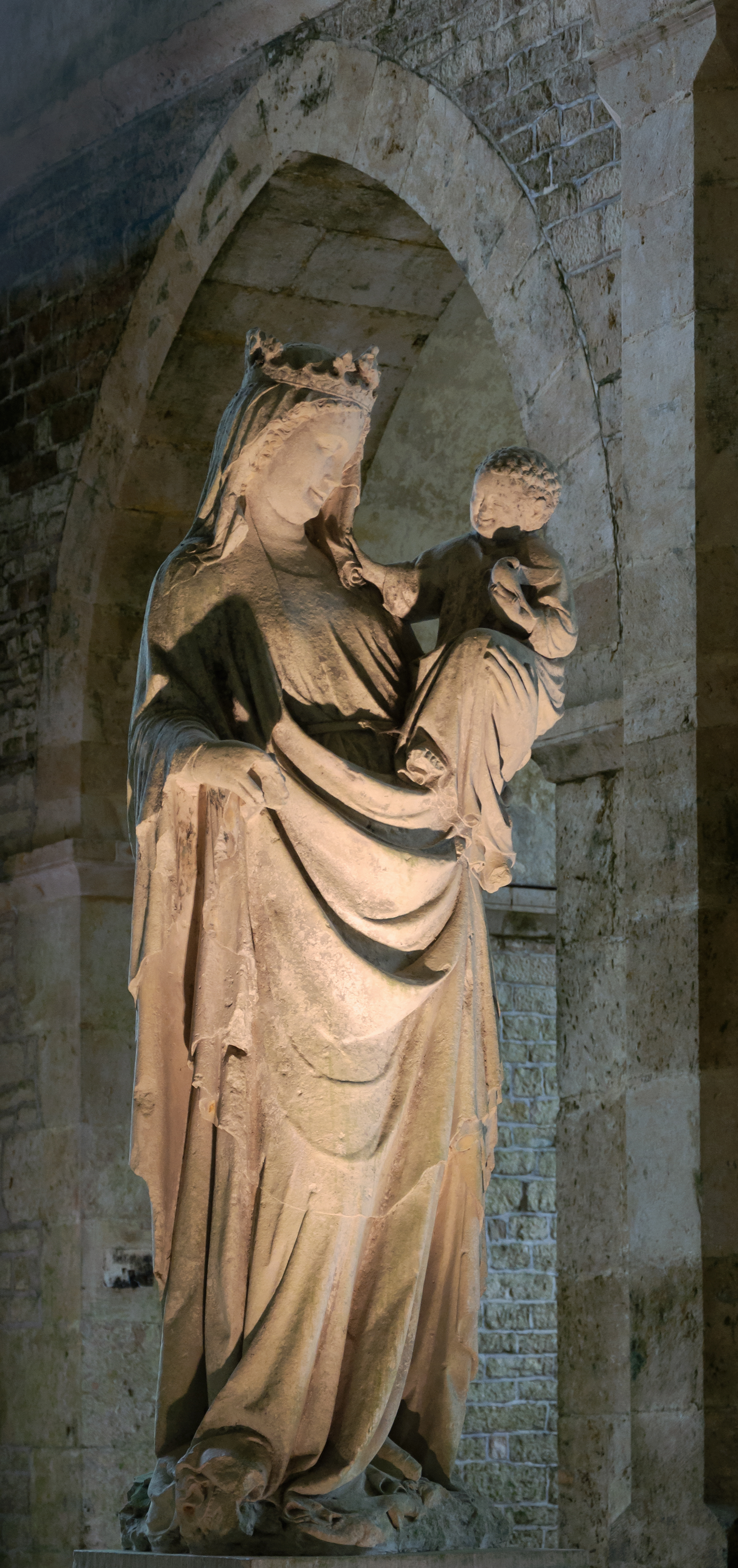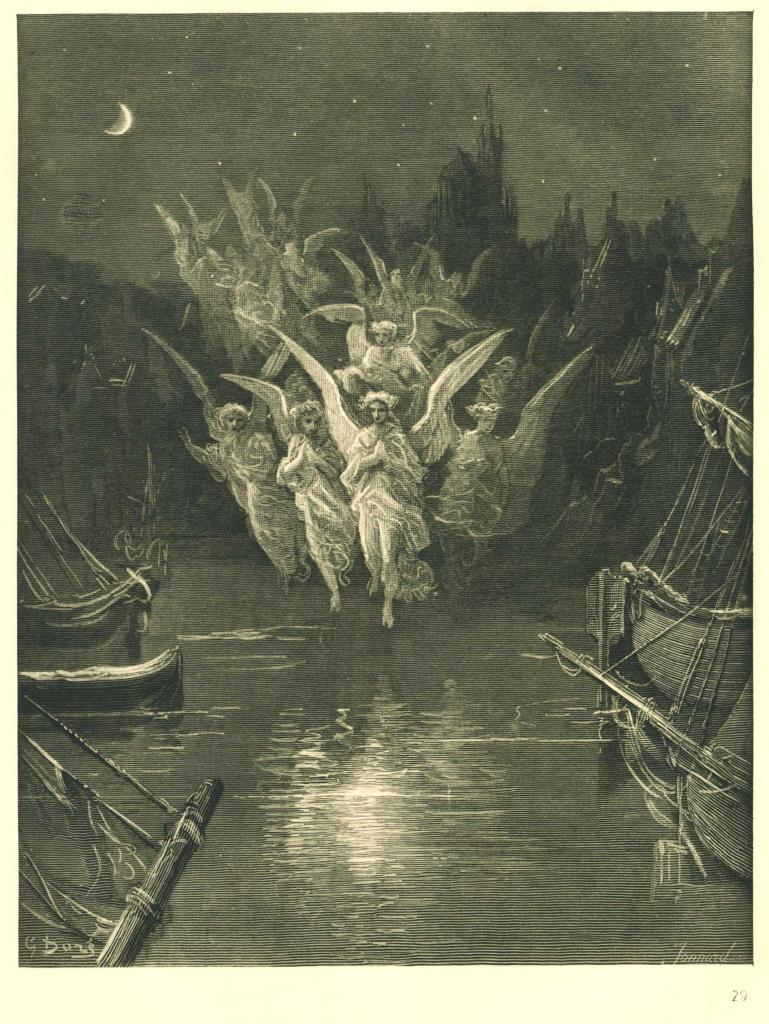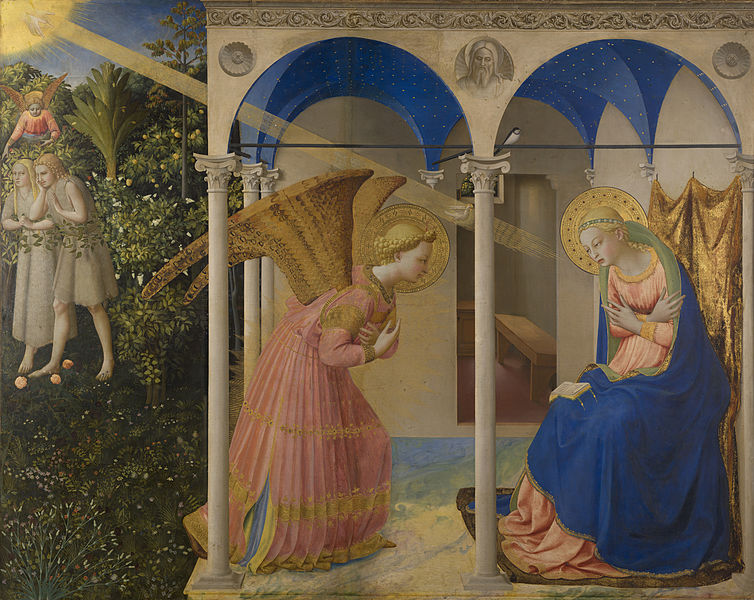David Russell Mosley

18 September 2013
The Edge of Elfland
Windermere, Cumbria
Dear Friends and Family,
I’m in the Lake District on holiday with my wife and in-laws. This morning we were watching a morning news program on ITV where a brief story was given about police forces wanting to turn over dealing with drunks to private security companies. People who are drunk would be locked up in privately run cells and left there until they sober up, being charged a fee upon release. I don’t want to go into the politics behind these ideas, but I do want to write briefly about beer.
Britain is well known for its drinking problems, as is Ireland, and the USA. People are drinking large amounts of alcohol trying to get drunk, trying to get sex, trying to escape from their own problems. For whatever their reasons, people drink to excess and cause social and domestic problems. This, I want to argue, is offence to all who truly enjoy alcohol.
I love beer, especially local cask ales; I love wine, especially good dry reds; I love whisky, especially good single-malts. I love alcohol. I love pubs, proper pubs. In Beeston we have two excellent pubs, neither of them have gambling machines, nor televisions. They have musical groups in from time to time, they have darts and board games, one serves excellent food and both have excellent cask ales. They are bastions in a world of night-clubs and dive bars. They are strongholds against a world which goes to two different extremes, binge drinking and abstinence. For those of us who love the various kinds of alcohol for how they taste and the effects a temperate amount of them can have on us find solace in these places where a proper enjoyment of alcohol can be experienced.
G. K. Chesterton wrote an often forgotten novel The Flying Inn wherein a local British community has outlawed all non-government sanctioned inns, taverns, and pubs. A rogue sailor and inn keeper, join forces to combat this abstinence movement, by taking the sign of the Inn and moving from place to place, taking beer with them and exploiting an ambiguity in the law. In a sense, the point of Chesterton’s work is that abstinence from alcohol for all people is not the proper response to issues people can have with alcohol. I would argue, as Chesterton does implicitly, that alcohol, beer particularly, is a great part of Western Civilisation (though fermentation of liquids for consumption is Egyptian in origin). It therefore must, like all things in life, be enjoyed virtuously. Temperance, true temperance, is a middle road, between the extremes.
If you love alcohol as I do, stand with me against the drunks and the militant teetotallers. If others wish to abstain, bully for them, for don’t put that on the rest of us. For those who wish to abuse, well, they need to be taught how to properly consume alcohol and the purposes it serves. It is a social lubricant, it is a delicacy to be enjoyed for its subtleties. It is not for drowning our sorrows, or forgetting our problems, or releasing all our inhibitions. Let us also stand against cheap booze which is created purely for the purpose of allowing people to get smashed on the cheap. We must stand firm for alcohol and against the abuses. Let us stand with Chesterton and others who remind us of all the good uses to which alcohol can be put and against the abusers of this wonderful product of our civilisation. Remember, Christ himself turned water to wine and was called a wine-bibber because of the company he kept and the drinks he drank.
Sincerely yours,
David Russell Mosley











